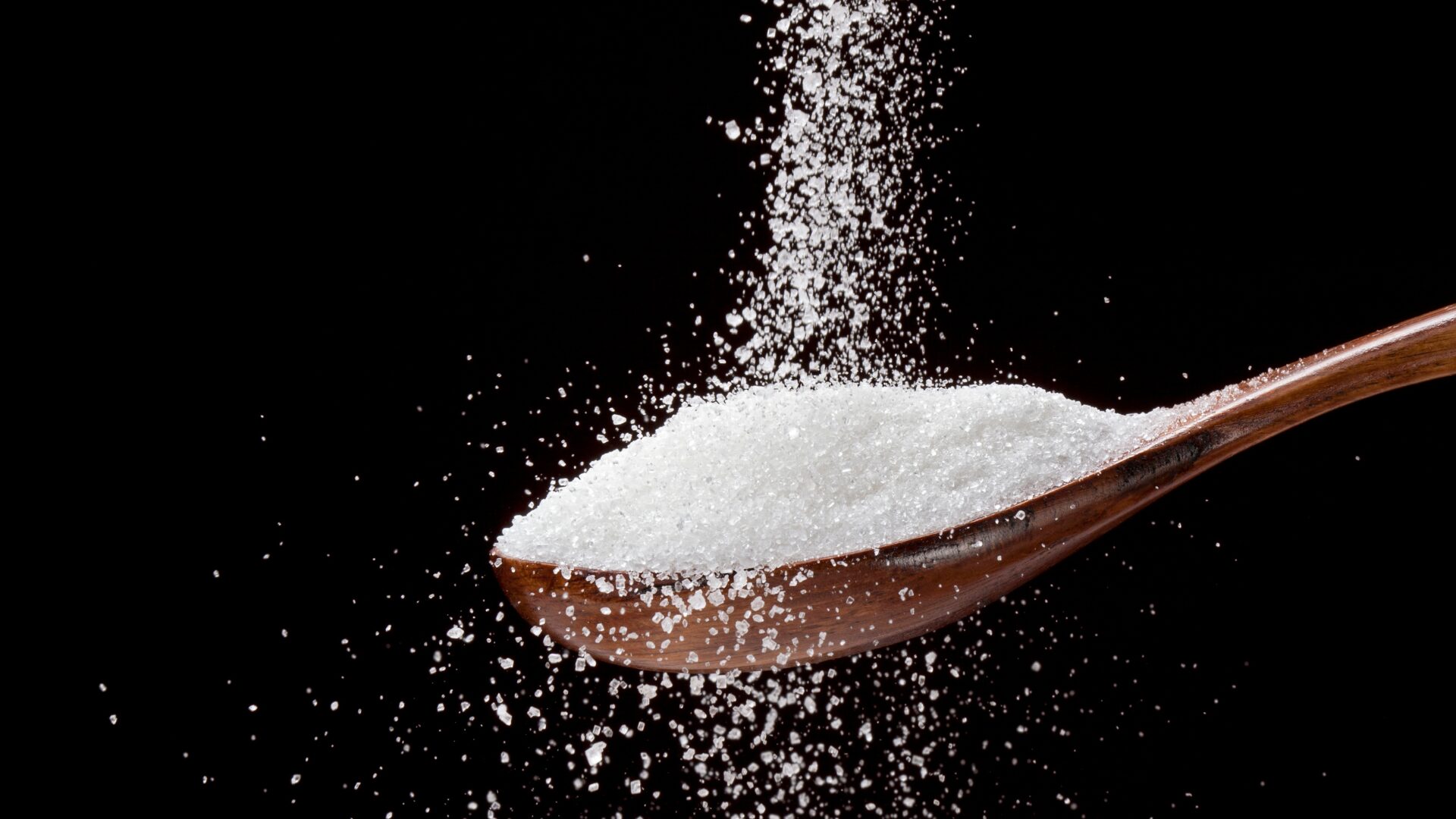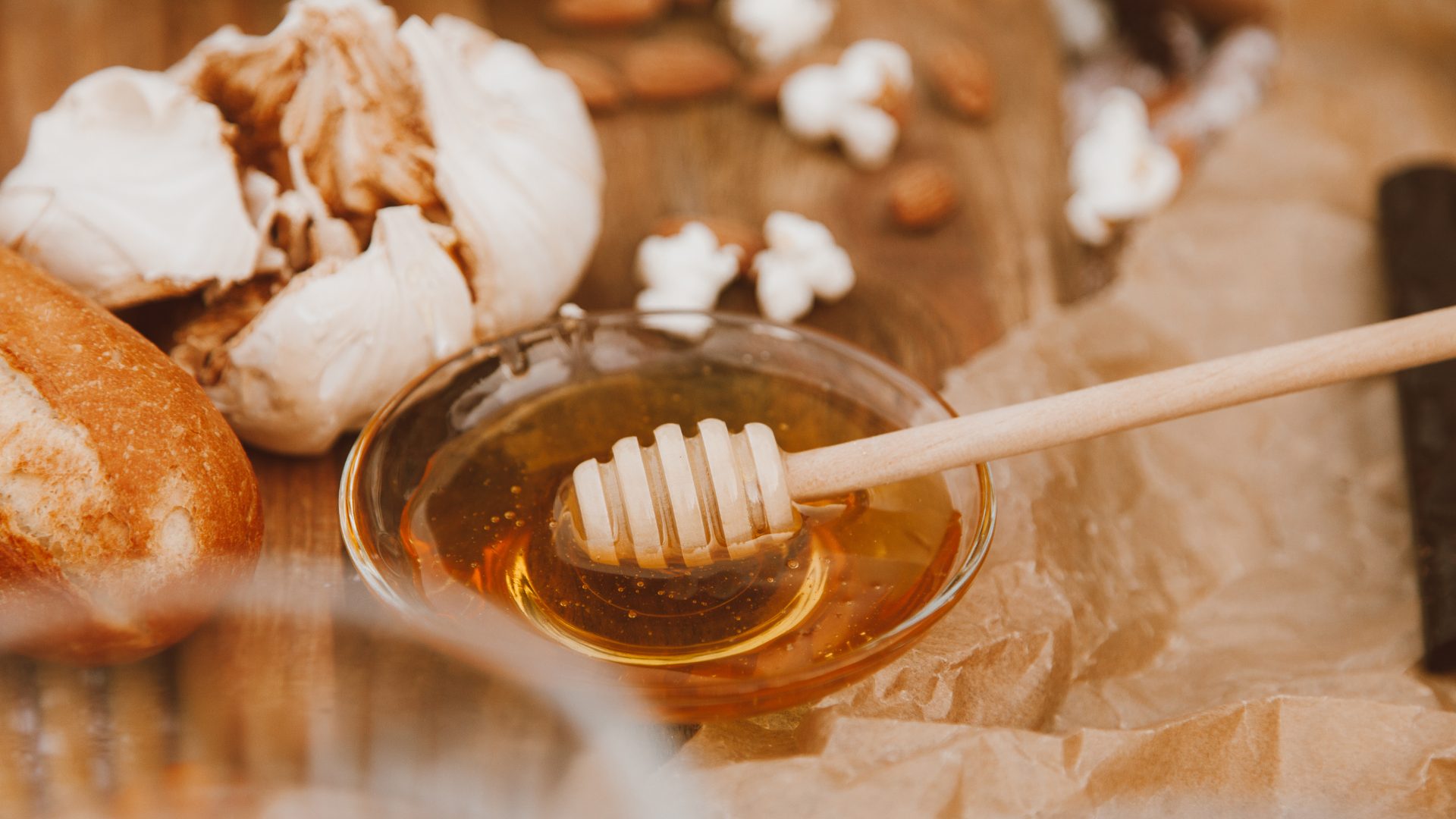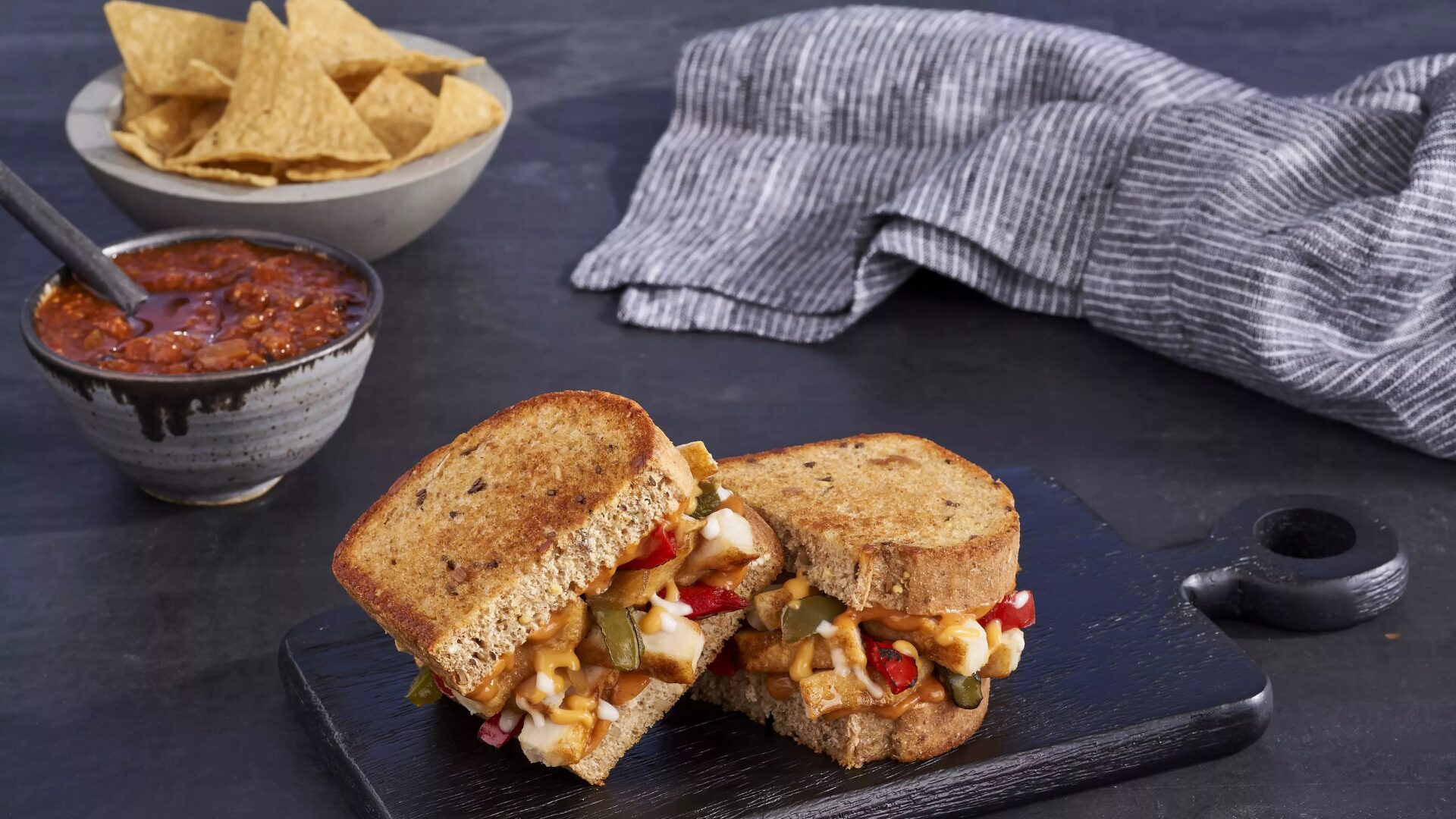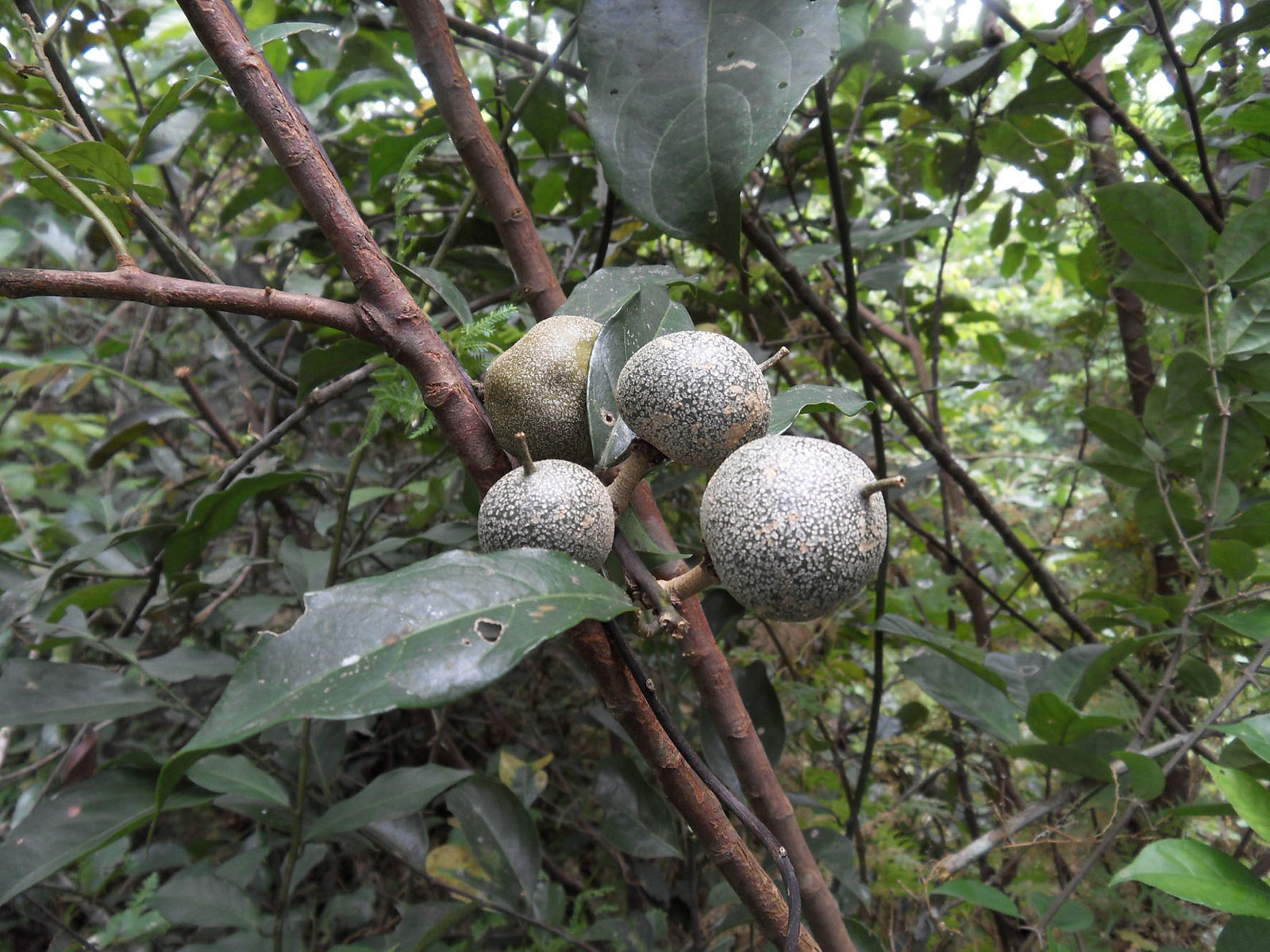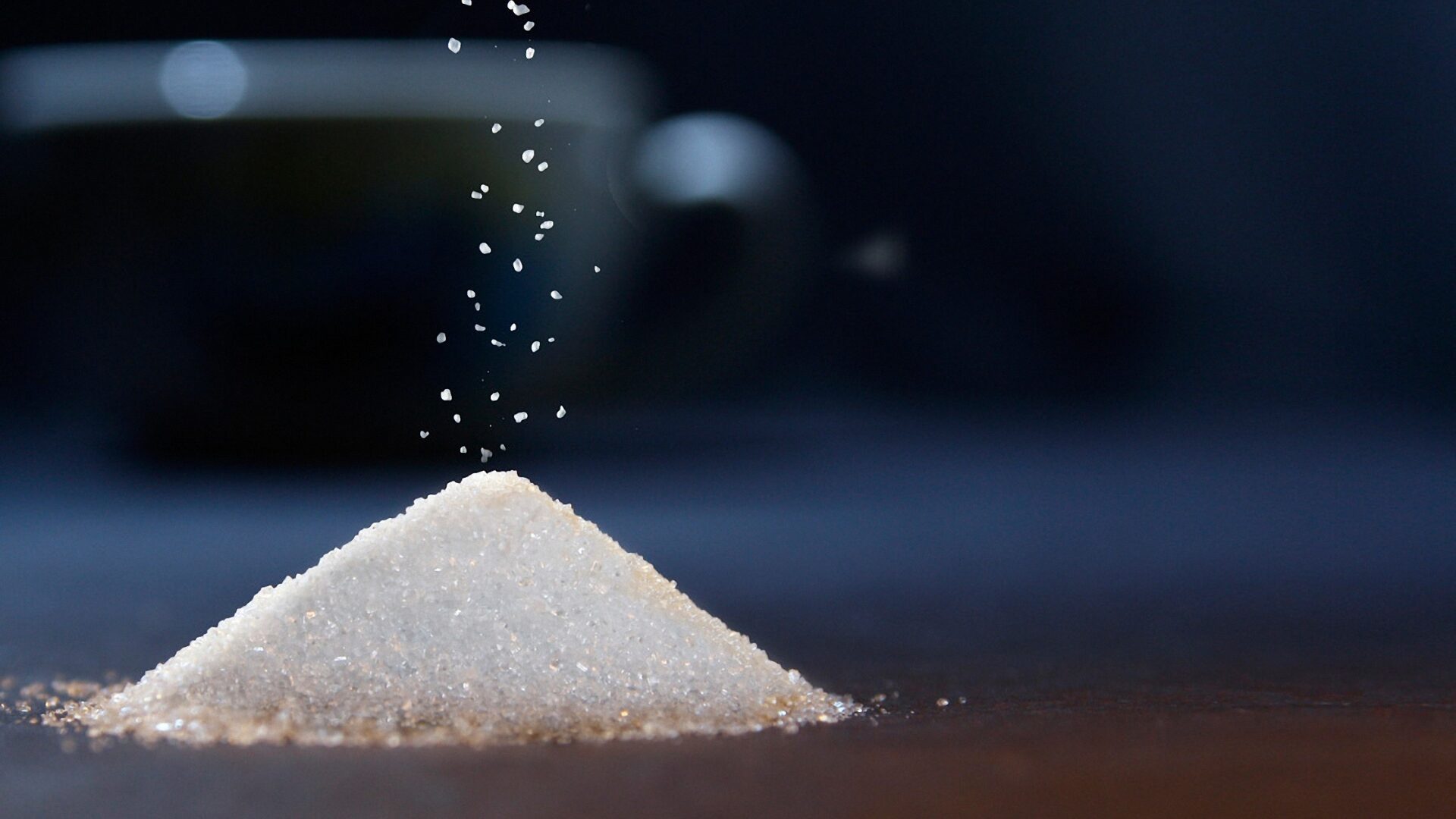A federal lawsuit filed in New York accuses the nation’s sugar producers of colluding to keep prices artificially high – an alleged action that rippled through the food and beverage industry.
The lawsuit, filed March 14 in U.S. District Court in Manhattan by KPH Healthcare Services, alleges ASR Group International Inc., American Sugar Refining Inc., Domino Foods Inc., United Sugar Producers & Refiners Cooperative (formerly known as United Sugars Corp.), Michigan Sugar Co., Commodity Information Inc., and Richard Wistisen broke antitrust laws by colluding on prices.
Wistisen heads Commodity Information, which collected sensitive information relevant to pricing decisions.
“If proven true, this violation of antitrust law by sharing competitively sensitive, nonpublic information regarding prices, volumes, sales and other metrics for granulated sugar could lead to increased scrutiny on pricing practices within the industry,” attorney Aron Solomon, chief strategy officer for Amplify, told The Food Institute.
“This could potentially result in changes to how sugar prices are determined and regulated, affecting various products (which almost all of us love) that rely on sugar.”
KPH provides pharmaceutical and healthcare services nationally and controls Kinney Drug Stores in the Northeast. The lawsuit accuses the defendants of price-fixing in a conspiracy with food and beverage manufacturers, retailers and foodservice companies, and seeks unspecified damages, as well as an injunction against the anticompetitive conduct.
The suit alleges the conspiracy began at the start of 2019 and involves the production of table sugar.
“The sharing of information between the producing defendants thus enabled them to artificially raise, fix, maintain, or stabilize the prices at which granulated sugar was sold to their customers pursuant to their anticompetitive agreement,” the suit alleges.
It added: “The exchange of pricing, crop size and yield, and sold position information by the producing defendants was intended to ensure – and did ensure – higher prices for granulated sugar than would have existed in a competitive market unaffected by the defendants’ anticompetitive agreement.”
The suit accuses Wistisen of keeping each of the companies informed, and the scheme allegedly was carried out despite internal policies that prohibited such conduct.
“Defendants knew and intended that their private exchanges of competitively sensitive information about prices and sold positions would allow them to artificially raise, fix, maintain, or stabilize granulated sugar prices above the levels they would have been absent the anticompetitive conduct alleged herein,” the suit alleges.
Solomon said the suit has the potential to “negatively influence consumer perceptions of the sugar industry’s integrity and transparency, impacting our trust” in the food and beverage companies involved. Solomon added:
“It’s the last thing the sugar industry – which has already had plenty of bad press – needs.”
Attorney Tautvydas Sutkus told FI the suit could serve as a precedent for future cases involving antitrust violations in the food and beverage sector.
“It underscores the importance of maintaining transparency and fair competition to foster a healthy marketplace that benefits both businesses and consumers alike,” Sutkus said.
The Food Institute Podcast
Controlled environment agriculture saw tons of interest and investment in the post-pandemic period, but how are macro-economic conditions impacting the sector in 2024? Agritecture founder and CEO Henry Gordon-Smith joined The Food Institute Podcast to break down the sector’s prospects, technological advancements, and what types of foods are being grown indoors.


